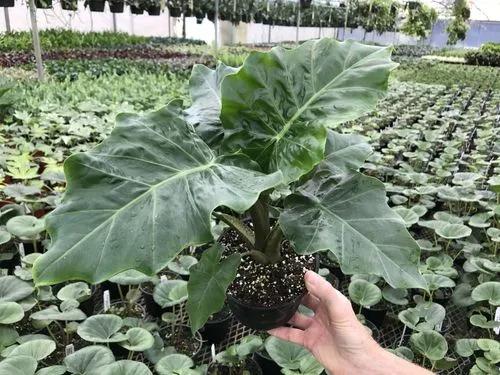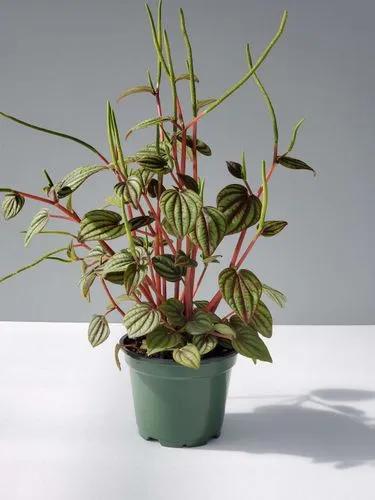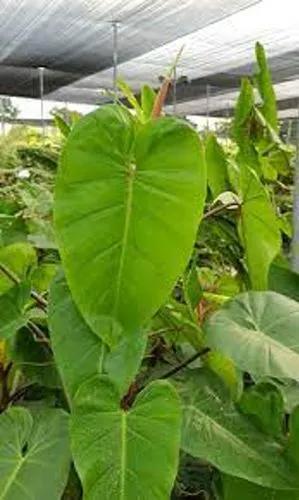The scientific name for the heart leaf fern is Hemionitis arifolia and is commonly referred to by a number of names, including tongue fern. First identified in 1859, heart leaf ferns are native to Southeast Asia.
Heart Fern Care
Hemionitis arifolia



Hemionitis arifolia is a delicate dwarf fern, which is also an epiphyte, meaning it grows upon trees as well. This fern presents itself with dark green heart-shaped fronds, about 2-3 inches (5-7.5 cm.) long and borne on black stems, and reaches a height of between 6-8 inches (15-20 cm.) tall. Leaves are dimorphic, meaning some are sterile and some are fertile. The sterile fronds are heart shaped upon a 2- to 4-inch (5-10 cm.) thick stalk, while the fertile fronds are shaped like an arrowhead on a thicker stalk. The fronds are not the stereotypical fern leaves. Heart fern’s foliage is thick, leathery, and slightly waxy. Like other ferns, it does not flower but reproduces from spores in the spring.
How to Care for the Plant

Water

Keep the plant moist, but not wet, as it is prone to rot. Ideally, you should use soft water or let hard tap water sit overnight to dissipate the harsh chemicals and then use the next day.

Fertilizer

Ferns don’t need a lot of extra fertilizer, so only feed once a month with a water-soluble fertilizer diluted in half.

Sunlight

The heart fern houseplant needs bright, indirect sunlight. It can be grown in a terrarium or a shaded place in an atrium or greenhouse.

Soil

Heart fern care also tells us that this evergreen perennial needs well-draining soil that is fertile, moist and humus rich. A mix of clean aquarium charcoal, one part sand, two parts humus and two parts garden soil (with a bit of fir bark for both drainage and moisture) is recommended.

Temperature

Keep the temperature between 60-85°F (15-29°C) with lower temperatures at night and high ones during the day.

Container

Choose a container with enough drainage holes. Increase the humidity level by keeping a gravel filled drainage tray beneath the fern.

Popularity

538 people already have this plant 136 people have added this plant to their wishlists
Discover more plants with the list below
Popular articles






